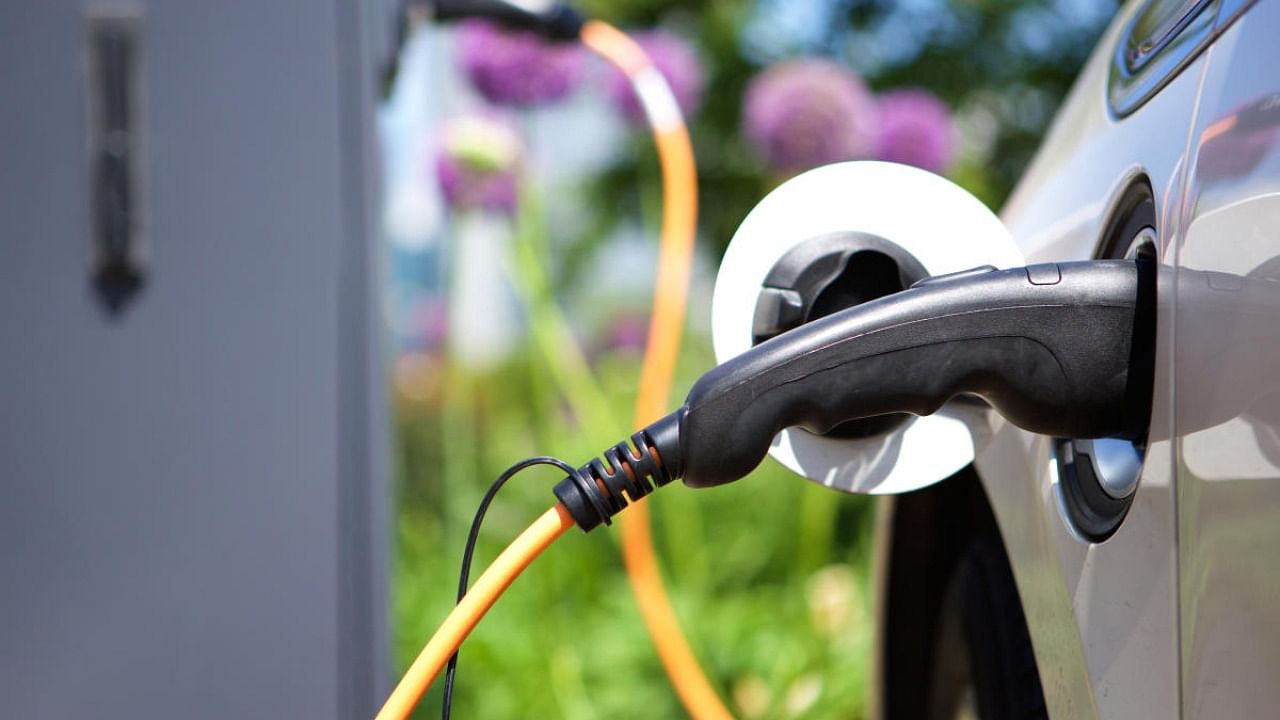
Vehicles running on electricity and biofuels have now been given exemption from permits but fleet operators who benefit from the measure said the government needs to do more to see a shift from diesel to green energy.
Unlike private vehicles, the taxis and vehicles used for providing transport services or commercial purposes have to get permits and pay road tax due to the commercial nature of their operation.
In March 2016, the state government exempted all electric vehicles (EV) from paying road taxes. In a new notification, the government has exempted EVs and vehicles running on ethanol and methanol from the permit system.
Transport operators welcomed the latest exemption but noted that such measures may not be enough to boost EV adoption as the shift from diesel to green energy was a costly affair fraught with several challenges.
Though Karnataka was the first in the country to adopt an electric vehicle policy, the total EV numbers are less than 1 lakh. Incidentally, about 1 lakh conventional vehicles are registered every month in Karnataka. Officials said biofuel vehicles have not been popular in the state but EVs can get a push from the fleet operators.
Karnataka State Travel Operators Association president Radhakrishna Holla noted that road tax and permit exemption together help an operator save about Rs 4,000 for a sedan-class vehicle.
“However, one gets this benefit after investing huge sums in buying a vehicle. Passenger transport sector, which is supposed to push EV adoption, was the worst hit during the pandemic. Fleet operators are struggling to recover,” he said.
Holla said though EVs were economical in the long term, the high capital cost makes it difficult. “Many state governments are offering Rs 25,000 to Rs 30,000 as incentive for EV batteries, apart from providing other exemptions. Karnataka needs such a scheme to boost sales,” he said.
An official in the Transport Department said a draft policy has been proposed to incentivise individual buyers instead of focusing on manufacturers. “Efforts are on to find ways to fund the scheme. We hope the policy will get a nod after the financial aspects are finalised,” he said.
Transporters also noted the lack of technical knowhow in society to make repairs and servicing affordable. Unlike diesel cars, an electric car can’t be repaired at the nearest service station.
Ashwin Mahesh, cofounder of electric car fleet startup Lithium, said while incentives were necessary for the transition period, the government needs to think beyond them and design long-term policies. “The EV growth can’t be looked solely from the aspect of clean energy. It has long-term consequences for infrastructure and state economy. Unlike the diesel vehicle regime, policy makers may not have much time to adopt. From increasing the quality of vehicle to road infrastructure, charging infrastructure and recycling, there are several matters where policies need to play a crucial role,” he said.
Watch latest videos by DH here: